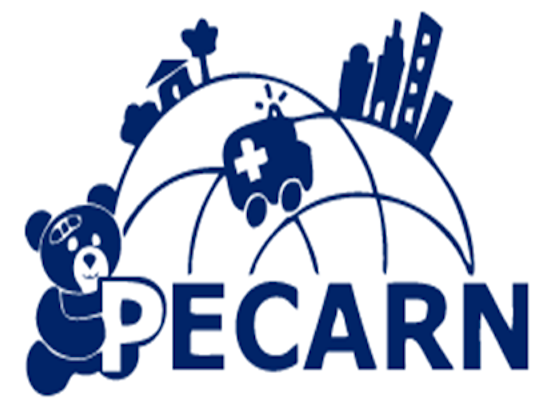
STEC Study
Hyperhydration to Improve Kidney Outcomes in Children with Shiga Toxin-Producing E. coli Infection
Study Summary
Shiga toxin-producing E. coli (STEC) infection is a moderately common and potentially severe disease that predominantly affects children. It is the most common cause of acquired kidney failure in this age group, causing acute, life-threatening complications and long-term disabilities. Current practice is reactive, treating complications only if and when they occur. To date, no treatment alters the course of disease. Work led by our team suggests that a course of intravenous intravascular volume expansion (hyperhydration) early in the disease course may protect from kidney damage and other STEC-related complications. We received funding from the National Institute of Allergy and Infectious Diseases to plan a phase III clinical trial at 26 sites across North America. If effective, the results from this study will change clinical practice and improve the health of children by decreasing the acute morbidity and long-term complications associated with STEC infection and by providing epidemiologic, clinical, and biological data to improve our understanding and ability to combat this disease.
Objectives
- Determine the effectiveness of hyperhydration in decreasing the prevalence of Major Adverse Kidney Events by 30 days in STEC-infected children
- Determine the effectiveness and safety of hyperhydration in decreasing acute kidney injury and other life-threatening complications in STEC-infected children
- Identify prognostic biomarkers and therapeutic targets in STEC-infected children
Principal Study Investigator: Dr. Stephen Freedman
Project Lead: Dorota Biggs
Study Team: Dr. David Schnadower, Dr. Phillip Tarr, Dr. Silviu Grisaru, Dr. Stuart Goldstein, Dr. Andrew Pavia, Dr. Charlie Casper



